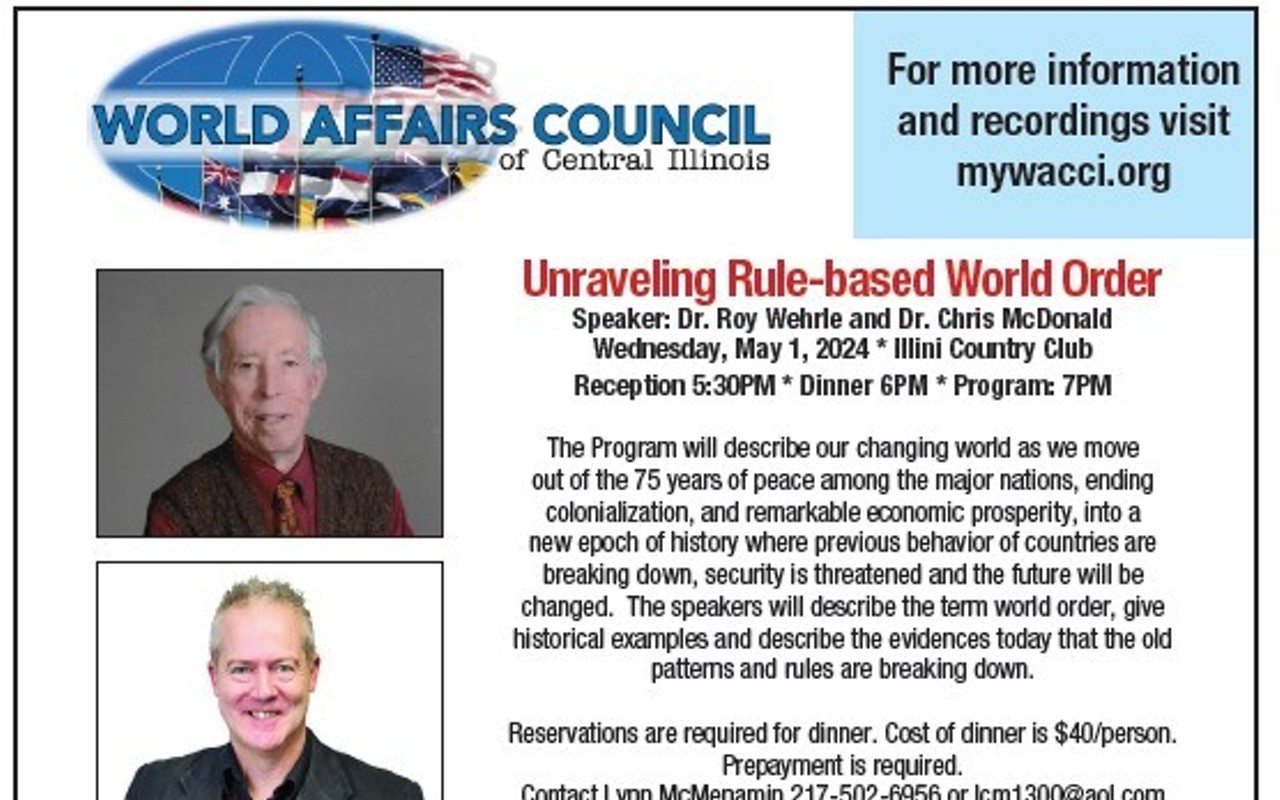It was the governor’s first legislative session. And he didn’t disappoint. Gov. J.B. Pritzker rolled the dice and ran the tables in Springfield. His $45 billion Rebuild Illinois legislation is historic.
The Illinois General Assembly swooned, as Pritzker lined up not only suburban Republicans, but also 12 of 16 conservative west-central Illinois Republicans. Of these 16 Republican legislators, all but four supported at least one of his three key Rebuild Illinois bills. The 21 legislative districts represent about 1.5 million west-central Illinois residents.
Today, 16 of 21 legislators in the region are Republicans. A couple of decades ago, before the Clintons, before Obama, Democrats represented the majority. But Wall Street’s economic policies led to outsourcing millions of good-paying manufacturing jobs – nearly 300,000 in Illinois. Couple that disaster with the Democratic Party’s near-total absence of working-class messaging and the result is collapsing Democratic Party support downstate.
Pritzker is making government work again in Springfield. His $45 billion Rebuild Illinois program will provide or sustain nearly 500,000 jobs over the next six years.
And here’s some more good news.
U.S. Senator Dick Durbin is running for re-election in 2020. He holds the second most powerful Democratic leadership slot. Durbin is a first-rate power player with the congressional seniority to make good things happen.
In 2020, Durbin will seek his fourth six-year Senate term in his 38-year congressional career. Given the growing anti-establishment feelings among all voters, he could have a serious challenge in the 2020 Democratic primary and/or the 2020 general election.
Why would Durbin facing a competitive 2020 race be a good thing for us?
Recently, Durbin began attending lots of downstate events. In 2014, his last Senate general election, he ran against a second-tier Republican candidate and barely won with 53%. Surprisingly, he lost Illinois’ 96 downstate counties by pulling in about 40%. He lost Sangamon County – his home county. This is despite the fact that he spent $12.6 million – five times the amount his little–known Republican challenger spent.
Perhaps Durbin could take a lesson or two from our new governor.
During the Rebuild Illinois bill-signing event last month, Durbin made a tantalizing commitment to seek major federal infrastructure funding, enough funding to ramp up Pritzker’s Rebuild Illinois spending by tens of billions in construction.
When introducing Pritzker at last month’s Rebuild Illinois signing event, Durbin proudly stated: “There has been an effort on a bipartisan basis to get [a new federal infrastructure spending bill] moving,” leaving the impression that significant federal legislation could happen by negotiating in good faith with the president. “And man, would it be terrific to take this [state] capital bill and make it the 20% down payment on a major federal bill. You can just see what that would turn into across our state.”
Durbin is correct. If both sides in Washington stop attacking each other, as Pritzker has successfully done in Springfield, and develop a cooperative relationship, Illinois will benefit significantly. A federal infrastructure bill would release tens of billions for federally matched funded projects. The federal funding would multiply Rebuild Illinois state funding by a factor of five.
Some $20 billion in Illinois taxpayer funds, matched with $80 billion of federal funds, becomes $100 billion for infrastructure spending: Five times the improvements to our road, bridge and sewer systems that current Rebuild Illinois legislation could produce.
Perhaps with a re-election challenge facing the senator in 2020, he will learn The Art of The Deal and find the motivation to strike a federal infrastructure deal with the President.
Wouldn’t that be terrific?
Bill Edley is a 37-year Democratic Party activist, former Illinois Democratic Party state representative, Illinois Democratic National Convention Delegate and Bernie 2016 field organizer. He earned a master’s degree in Economic History from the London School of Economics and Political Science in 2012. He lives in Springfield.


















